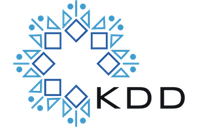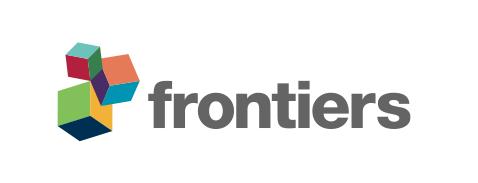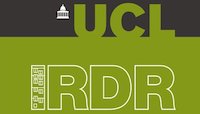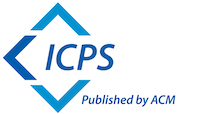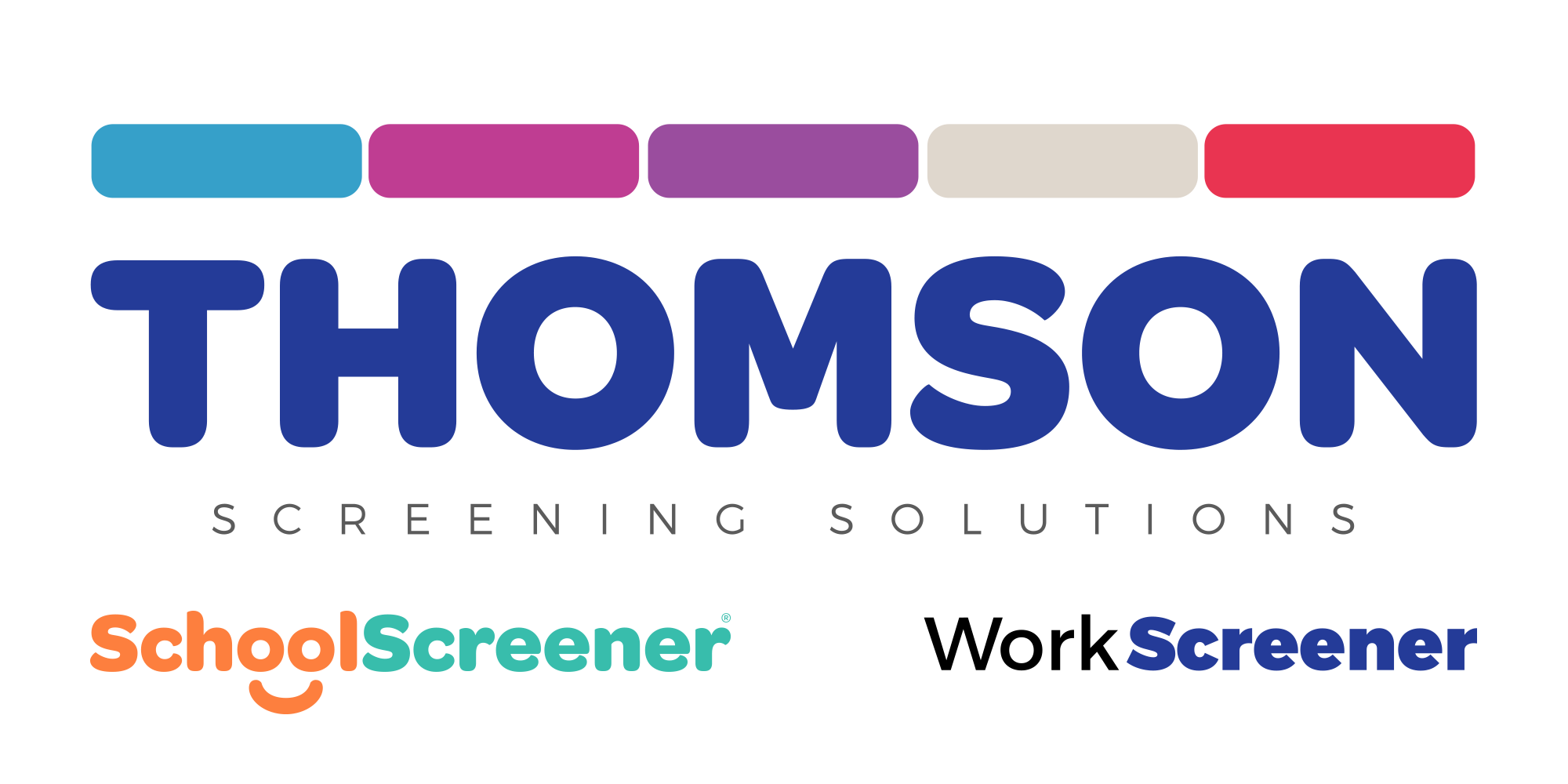
This project has been shortlisted for the DPH Innovation Prize 2019 – Best Partnership
Team: Swapnil Gadgil (Therapy Box)
Outline: Developmental language disorder (DLD) is a condition where children have problems understanding and/or using spoken language. There is no obvious reason for these difficulties, for example, there is no hearing problem or physical disability that explains them.
Children with DLD often go unrecognised and without appropriate support can go on to have significant difficulties with education and social relationships with consequences for their wellbeing. However, access to specialist support and interventions at the right time can make a big difference, and reduce the chances of these negative consequences.
Funded by the National Institute for Health Research’s Invention for Innovation programme, specialist technology company Therapy Box is leading a collaboration to take their machine learning based app to the clinic so that speech and language therapists in England and Wales can more quickly assess children’s language, supporting them to identify children with DLD and then plan the support that child needs. The game-based app will present an animated story to be retold by children aged four to eight, and the child’s spoken story will be analysed to understand how their performance stacks up to age-matched peers from around the country.
The innovative collaboration between Therapy Box, the Bristol Speech and Language Therapy Research Unit, Newcastle University and three NHS sites in Hackney, Newcastle and Bristol will take place across two years. At the start of the project, the team will be seeking 600 children to record their stories, to help train the app to recognise the children having trouble with their language. In the second year of the project, the app will be put through its paces by speech and language therapists and families coming to clinics for assessment.
“Our aim is to help speech and language therapists evaluate more children in a shorter space of time,” project principal investigator Rebecca Bright shares, “The ambition for this project is to help children with DLD get the support they need as soon as possible”.
Dr Yvonne Wren from the Bristol Speech and Language Therapy Research Unit is leading the evaluation of the clinical decision making tool, “The team involved in this project will ensure that we develop a tool which is fit for purpose and has been robustly evaluated, fulfilling the need for evidence-based tools in the assessment of children’s language skills.”
Dr Cristina Mckean adds, “Identifying children with Language Disorder and designing tailored interventions to meet individual children’s needs is a highly specialised and time-consuming process. I am excited to be part of the team harnessing the potential of technologies to make access to these specialist assessments more time-efficient and informative. In this way, our hope is that more children with Language Disorders can access the support they need to overcome their difficulties and thrive”
“As the Head of Service for a large, busy Speech and Language Therapy Service, I welcome a digital innovation that will support clinicians to quickly identify children with developmental language disorders,” adds Geraldine Bates, Head of Service at Bristol Community Health, “This will save precious clinical time, that can be redirected into improving access to therapy”





